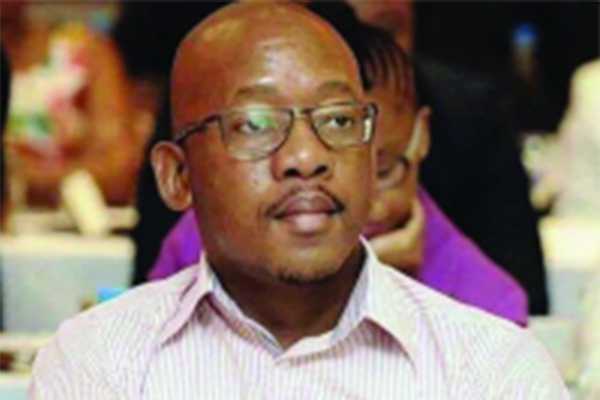Alcohol industry bemoans uncertainty
The industry has had enough of the government’s big brother attitude of closing their businesses willy-nilly, oblivious to the damage caused to stakeholders involved, let alone, the economy. KOOBONYE RAMOKOPELWA picks up the lamentations echoing from the empty beer halls.
The decision to ban alcohol sales indefinitely is ill advised and shows that government is not taking into consideration that the sector, just like many others, plays a crucial role in the country’s economy. “Companies such as KBL (Kgalagadi Breweries Limited) play a very crucial role in the country’s economy. The company has invested heavily in Botswana, not forgetting the many employment opportunities it has created to many Batswana,” said one market player with knowledge of the alcohol sector.
The multi-billion-pula sector employs over 50 000 people, in addition to the over 200 000 people who are dependents. Government has banned the sale of alcohol without giving specific date when the sector will be re-opened. The government blames the sector for the rise on COVID-19 cases. “The alcohol sector needs to know when the sector will be opened. It beats logic why government has decided to announce date for the re-opening of schools following their closure while it has failed to do the same for the alcohol sector,” said the informant.
According to people familiar with investor attraction, government blanket closure of the alcohol sector and the tone of President Mokgweetsi Masisi’s responding affidavit clearly shows a government ‘with little interest to investor attraction’. Kgalagadi Breweries Limited is owned by AB InBev, a foreign company as well as government through Botswana Development Corporation. The informant further told Botswana Guardian that, Botswana government should take a leaf from the way South Africa has been dealing with the alcohol sector amid COVID-19. “While the South African government has in the past closed and opened the sector on account of COVID -19, there has always been certainty on when the sector will be opened,” said the source.
Meanwhile, the Chairman of Botswana Beverages Association, Peter Noke has lambasted government for closing the sector without consultation. “Our members are under distress as some have not opened for well over seventeen months. We need to be consulted as we are also a sector which contributes to the country’s economic advancement,” said Nokwe recently. Government closed the sector last month, arguing it is responsible for the rise on COVID-19 cases. “Why are we being singled out? Other sectors of the economy are open and nothing is being said about them when it comes to COVID -19 spread.” Said a concerned Nokwe, who runs the Marriot Restaurant in Gaborone.
Nokwe said they support KBL’s case against government on the closure of the sector indefinitely. In addition, the BOBA Chairman said, government has found it fit to close the liquor sector, but it has not found it fit to bail it out. ‘Someone can ask, where is the Alcohol Levy funds during times like this? We continue to pay rentals. Some of our members’ assets have been sold to pay creditors’. Meanwhile, South Africa has since reopened the alcohol sector after closing it for about a month. In Botswana, industry players are concerned that, more and more liquor will be imported from South Africa illegally in the process denying government the much-needed import duties.
KBL spokesman, Masegonyana Madisa has been quoted by Mmegi newspaper as having said the ban will exacerbate the illicit alcohol trade and criminality in the country as well as the consumption of unregulated and unsafe products, while diverting taxation away from the fiscus.
“KBL is asking the High Court to review the President’s decision to impose the ban by setting it aside, while also seeking orders declaring that the imposition of a complete ban on the sale of alcohol be deemed unlawful and improper,” he said. “The company believes that the government’s wholesale alcohol ban is improper and not based on clear and objective evidence demonstrating a causal connection between the wholesale ban on alcohol and the reduction of positive Covid-19 cases.
” Madisa said while KBL continues to support reasonable and proportionate emergency safety measures that respect the rule of law, “the latest ban compounds the matter as KBL has, once again, ceased trade, yet its fixed costs and obligations to employees and suppliers, also remain unchanged.” KBL was last year forced to put workers on unpaid leave, cut salaries across the board and also stop payments to suppliers as a result of the alcohol bans.






